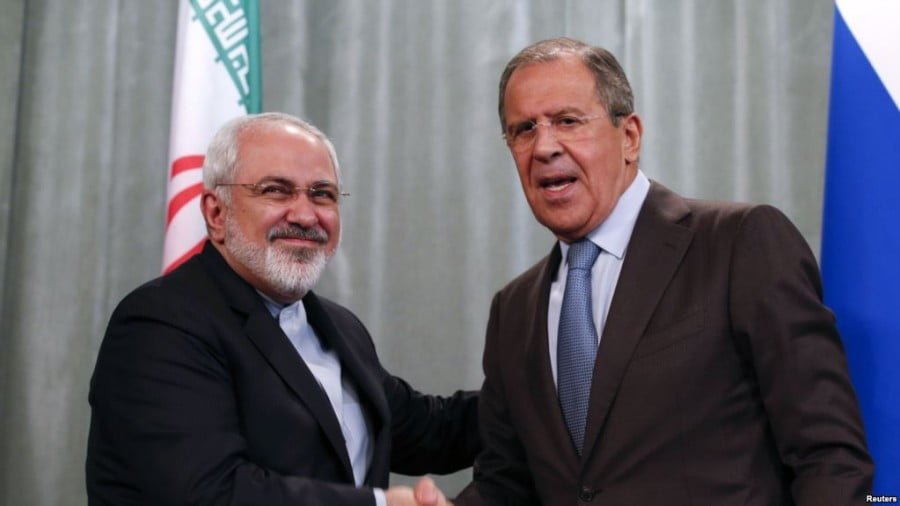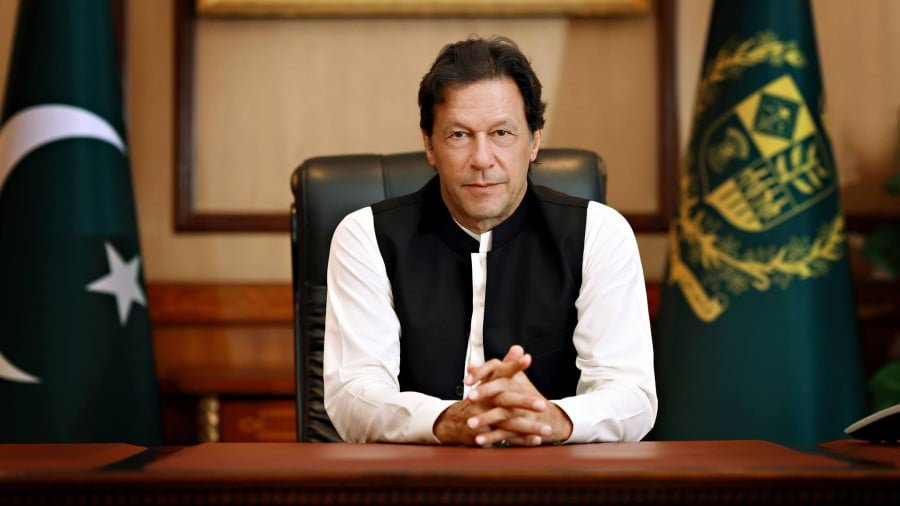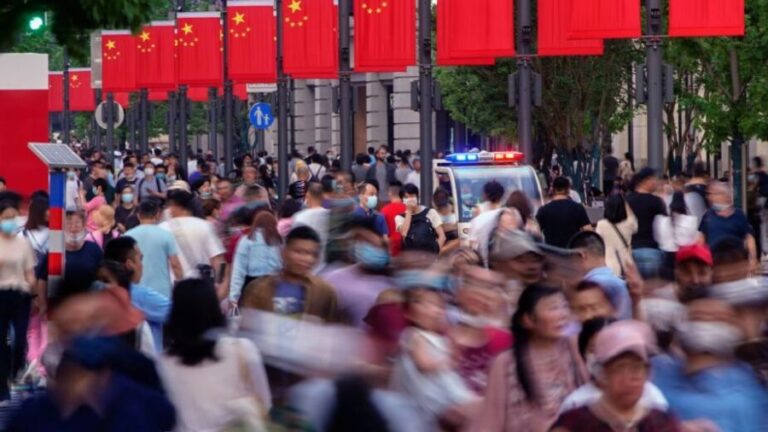Stop the Madness: The Anti-Imperialist Taliban Aren’t American Proxies!
Those influential leftist activists in the Alt-Media Community who are condemning the Taliban should actually appreciate its anti-imperialist victory over America even if they still disagree with aspects of the group’s vision.
Leftist Gatekeeping Goes Against Genuine Anti-Imperialism
The Taliban’s swift takeover of Afghanistan surprised many observers, but perhaps none more than the influential left-wing voices in the Alt-Media Community who’ve since scrambled to explain this by speculating that the group is really an American proxy. According to their interpretation of events, the Taliban didn’t take over Afghanistan after defeating America, but was merely handed control of it by their supposed foes per a secret deal between them. Part of the basis for their theory is Taliban spokesman Suhail Shaeen telling the BBC from 28:07 of this interview that his movement wants to open up a new chapter of relations with the US and hopes that America will help reconstruct the war-torn country.
These well-intentioned leftist activists’ justified distrust of American imperialism has regrettably clouded their judgement. They’re unable to accept that the Taliban – which is still designated as terrorists by Russia despite Moscow pragmatically interacting with them – has transitioned into an anti-imperialist national liberation movement that successfully defeated the world’s military superpower in a more humiliating fashion than even the Vietnamese did. In their minds, any movement that previously received American support like the Taliban’s mujahideen forefathers did during the 1980s, doesn’t embrace leftist ideologies, and requests the US’ reconstruction assistance as a form of reparations is incapable of being genuine anti-imperialists.
Prior Pragmatic Cooperation With The US Doesn’t Discredit Anti-Imperialism
This is the completely wrong way to judge such movements. For starters, the mujahideen pragmatically cooperated with the US out of shared interests at the time. The Soviet-backed government was extremely unpopular across the majority of Afghan society even though it was enthusiastically supported among the country’s minority of urban dwellers. I explained the complex geostrategic dynamics at play in that conflict in a response that I recently published to respected Islamabad-based physicist and writer Mr. Pervez Hoodbhoy here which should be read by those who are interested in learning more about my interpretation of those events. In short, the mujahideen and the Americans were using one another, only for the US to later abandon its allies and then decisively turn against the movement that eventually emerged from them.
Prior cooperation with the US shouldn’t disqualify any movement, let alone on the basis of their forefathers (as the Taliban wouldn’t be established until over a decade later), since other ones that these same leftist activists rightly regard as anti-imperialists have their own history of ties with the global hegemon. Syria for instance worked very closely with the CIA’s secret rendition program throughout the 2000s yet it presumably did so in order to retain pragmatic relations with the US out of fear that failing to cooperate with it on this issue of shared anti-terrorist interests might be exploited as a pretext for pressuring it even further. It also shouldn’t be forgotten that the US earlier brokered Syrian-”Israeli” talks and that President Assad later hosted John Kerry.
Leftist Ideologies Don’t Have A Monopoly Over Anti-Imperialism
The next leftist talking point to debunk with respect to their gatekeeping of what constitutes anti-imperialist forces nowadays is that these movements must always embrace leftist ideologies in order to be considered genuine. No ideology has a monopoly over anti-imperialism nor should any ever aspire to such. Leftism is extremely unpopular in Afghan society which instead very proudly embraces its Islamist traditions. Many of these same leftists consider Islamist-inspired movements like Yemen’s Ansarullah (“Houthis”), Lebanon’s Hezbollah, and the Iraqi Popular Mobilization Units (PMU) among others to be genuine anti-imperialists despite inexplicably denying this same designation to the Taliban and never accounting for these double standards.
It can’t be known for sure, but those leftist activists might be basing their double standards on the fact that the three aforementioned movements are politically allied with Iran, which they regard as the regional anti-imperialist leader because of its principled opposition to “Israel”. If that’s their criteria, though, then it should be noted that the Taliban also detests “Israel” too even though they’re not politically allied with Iran. In fact, they have a history of problems with the Islamic Republic even though they’ve since been hosted in Tehran for peace talks as recently as last month after pledging to change their former ways and behave much more pragmatically once they return to power. This fact should make those leftists reconsider their double standards.
Reconstruction-As-Reparations Doesn’t Contradict Anti-Imperialism
The last of these three primary leftist talking points to challenge is the claim that those movements that want cordial relations with the US after their wars with it finally end and hope for it to reconstruct their country as a form of reparations can’t legitimately describe themselves as anti-imperialists. Countries like Cuba, Iran, Syria, and Venezuela that these same leftist activists consider to be anti-imperialist regularly advocate for America to lift its unilateral sanctions regime against them so that they can trade with it, and there’s nothing “ideologically inconsistent” with that either since. China, which can be considered the world’s leading anti-imperialist force right now, conducts hundreds of billions of dollars worth of trade with the US every year
Furthermore, the Taliban’s reconstruction-as-reparations plan is consistent with China’s and Russia’s visions. The first-mentioned wishes that the US joined its Belt & Road Initiative (BRI) instead of trying to sabotage it while the second’s Special Presidential Representative for Afghanistan said that the US has financial and economic responsibilities to Afghanistan even after the war ends. The emerging plan that I outlined here is that the US will seek to expand its economic influence northward from Pakistan to the Central Asian Republics via the PAKAFUZ railway (which essentially functions as the northern expansion of BRI’s flagship project, the China-Pakistan Economic Corridor) while Russia expands its own southward to the Indian Ocean via that same route.
American Imperialism Is No Match For The Taliban’s Anti-Imperialism
Having established that the Taliban should legitimately be regarded as a genuine anti-imperialist national liberation movement that embodies the popular will of the social majority and successfully defeated the world’s military superpower, it’s now time to talk about the group’s future. The Taliban might struggle to win the trust of Afghanistan’s urban minority which is fearful that their new leaders’ strict interpretation of Islamic law will infringe on their previously Western-backed civil liberties. Some social tensions can therefore be expected, but it’s unlikely that they’ll destabilize the country all that much. On the topic of instability, the US might try to support some anti-Taliban terrorist groups like ISIS-K, but its means to do so are severely limited by its failure to establish any regional military presence in the wake of its shameful retreat from Afghanistan.
The Taliban’s seizure of American military equipment will enable it to more confidently defend itself from internal and external threats, whether naturally occurring or externally exacerbated. It can also now count on those US-trained members of the Afghan National Army (ANA) who mostly peacefully surrendered to them earlier this month after they sympathized more with the group than with their foreign-backed puppet leader. The Taliban’s agreement not to attack retreating US troops was pragmatic since it prevented unnecessary retaliatory strikes against civilians and allowed the US to save some modicum of “face” so that it can then participate in the group’s reconstruction-as-reparations plan. Leftist activists should therefore appreciate the Taliban’s anti-imperialist victory over America even if they still disagree with aspects of the group’s vision.







